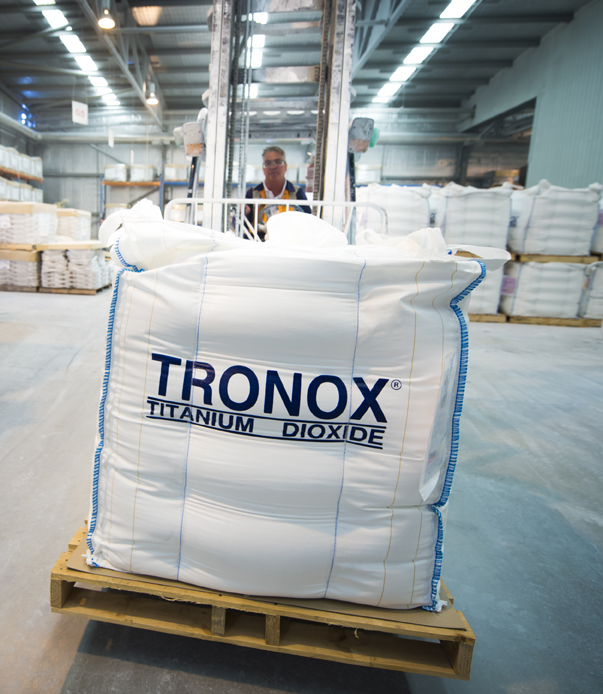Stamford”™s Tronox Ltd. has taken the Federal Trade Commission to court over its proposed $1.7 billion acquisition of the titanium dioxide business of Cristal, a privately held global chemical and mining company headquartered in Jeddah, Saudi Arabia.
 The suit, filed in the U.S. District Court for the Northern District of Mississippi, seeks declaratory and injunctive relief to prevent the FTC from blocking the acquisition. Tronox maintains that the FTC is trying to prevent the deal not through the ordinary litigation process in federal court, but by using its administrative process to run out the clock until the transaction agreement expires.
The suit, filed in the U.S. District Court for the Northern District of Mississippi, seeks declaratory and injunctive relief to prevent the FTC from blocking the acquisition. Tronox maintains that the FTC is trying to prevent the deal not through the ordinary litigation process in federal court, but by using its administrative process to run out the clock until the transaction agreement expires.
Tronox said that such an undertaking denies it the opportunity for the legality of the proposed acquisition to be decided on its merits in a timely manner. The proposed acquisition was originally announced in February 2017. If it is not completed by May 21, 2018, either party would have the right to terminate the agreement unless such date is amended by mutual agreement.
Tronox wants the court to declare that the FTC failed to act on the pending acquisition in a reasonable amount of time. If the FTC wants to block the acquisition, it needs to do so by seeking a preliminary injunction from the court by Feb. 15, which would give Tronox the time to defend the acquisition, according to the company.
In December, the FTC filed an administrative complaint alleging that the Cristal acquisition would reduce competition for titanium dioxide.
Tronox and Cristal are two of the top three producers of chloride process titanium dioxide in the North American market. Titanium dioxide is a white pigment used in myriad products from paint to toothpaste.
“This is fundamentally about fairness and the sole use of an administrative process that the FTC has scheduled to conclude only after the termination date of the transaction agreement,” said Richard L. Muglia, senior vice president and general counsel of Tronox. “The FTC’s conduct conflicts with any concept of supporting a U.S.-based company with a sound strategy to compete in today’s global market.”
The firm maintains that the Saudi deal will enable it to better compete with global market leaders and lower-cost Chinese producers who continue to increase their presence in the global market, including North America.
The FTC had no immediate comment.
Tronox has its largest manufacturing facility in Mississippi, where the lawsuit was filed.






















